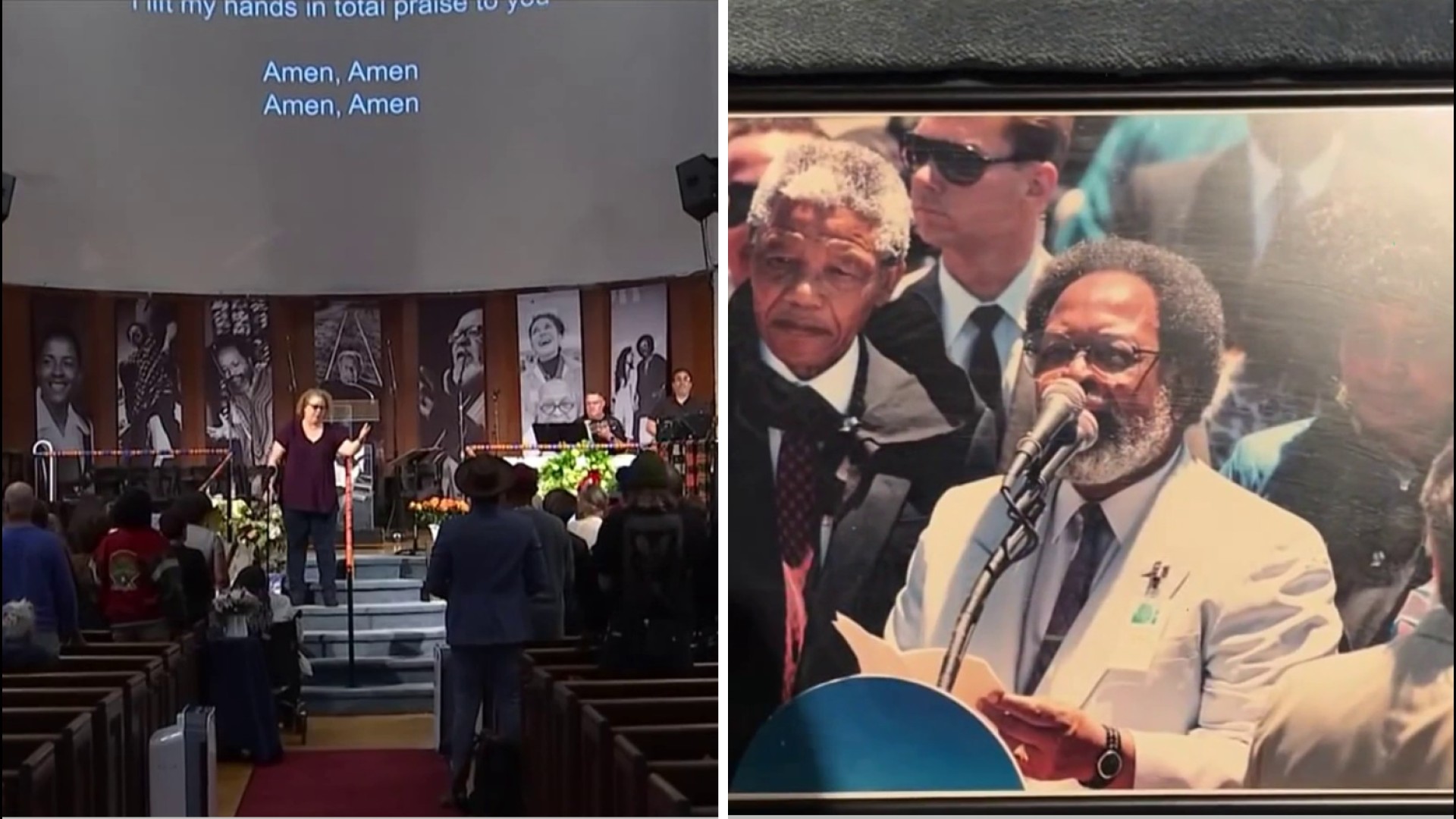A majority of teachers in California say they are burned out and thinking of leaving the profession, a new survey shows.
More than 60% of teachers surveyed described their work as "exhausting" and "stressful" while less than 30% said it was "fulfilling" or "enjoyable."
The survey, conducted by the California Teachers Association and UCLA's Center for the Transformation of Schools, included 4,600 TK-12 teachers.
The results of the survey are no surprise for Bay Area professionals in the education sector, including Teri Baldwin, President of the Palo Alto Educators Association.
Get a weekly recap of the latest San Francisco Bay Area housing news. Sign up for NBC Bay Area’s Housing Deconstructed newsletter.
"We did our own survey last year and 58.6% of the teachers said they considered leaving the profession," Baldwin said.
The pandemic made the profession feel more negative, and post-pandemic sentiment hasn’t changed much, according to the survey. There are some bright spots, however: Teachers say students are a critical part of their job satisfaction, and when they have time to connect with students, it makes a big difference in the level of that satisfaction.
Local
Specifically in the Bay Area, the high cost of living is another factor affecting teachers.
"We have teachers who commute an hour or more each way to get to school," Baldwin said. "And here in Palo Alto where the average apartment rent is $4,000, I don't know a single teacher who can afford that on their own."
Many teachers surveyed said financial struggles have an impact on their decision to stay in the classroom. They're suggestions for improving teacher recruitment and retention rated as follows:
- Better pay: 76%
- Smaller class size: 58%
- Better discipline policies: 51%
- Better staffing: 46%
- More support for students: 41%
The latest state budget provides money to address teacher preparation, retention and professional development, but time is of the essence as 4 in 10 teachers say they may switch occupations; 1 in 5 say they will likely leave within the next three years.
"This is a crisis to address from the legislature to the classroom," Baldwin said.



